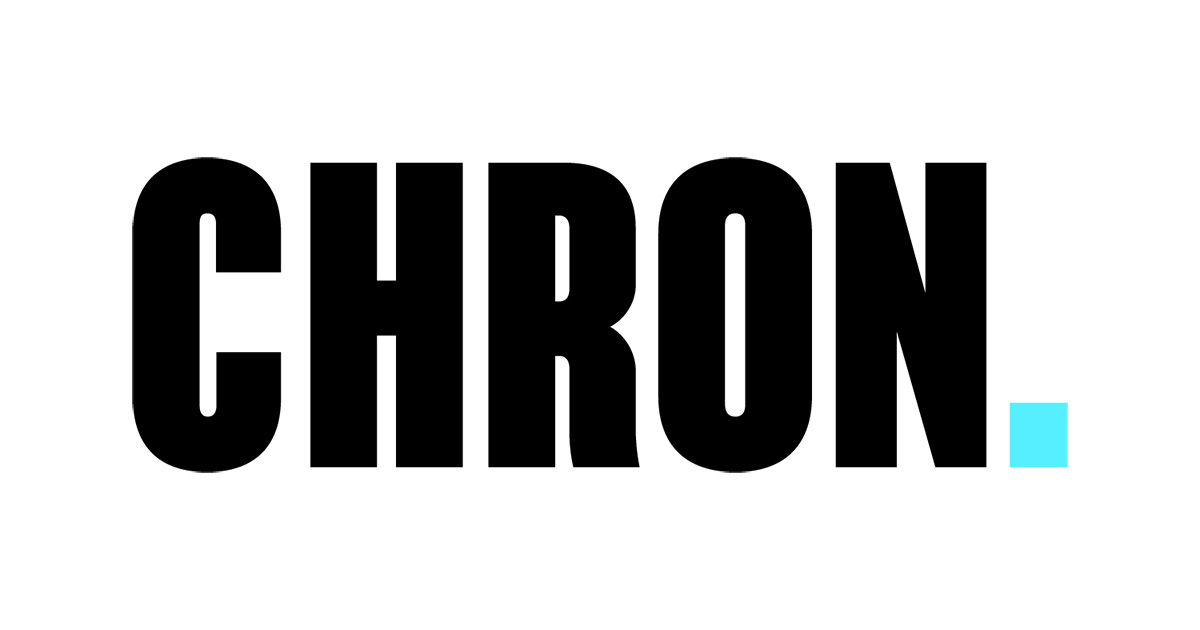- Joined
- Oct 5, 2016
- Messages
- 44
- Reaction score
- 35
I've had patients with similar treatment refractory presentations and often it boiled down to things like alexithymia, obsessive personalities or other personality constructs that tended to sabotage treatments before they could ever take hold. I think once we could highlight what anchored them to chronically think about suicide we were able to make some inroads. But even then, it was hard work and required a coordinated clinical team to support these people.
Relating to the psychedelic work, I seriously considered recommending a patient of mine with treatment refractory complex PTSD to join an MDMA assisted psychotherapy trial but they had medical issues that excluded them from participating. I have had patients travel to Peru for week to month long Ayahuasca workshops. As I understand it, this is serious and challenging work and very much life affirming. I monitor their care more from a cultural support angle and have to say that their experiences sound exceptionally meaningful. I've never recommended someone travel to another country for care, but as mentioned above, there are 'legally' sanctioned Ayahuasca and Peyote churches in the US.
Relating to the psychedelic work, I seriously considered recommending a patient of mine with treatment refractory complex PTSD to join an MDMA assisted psychotherapy trial but they had medical issues that excluded them from participating. I have had patients travel to Peru for week to month long Ayahuasca workshops. As I understand it, this is serious and challenging work and very much life affirming. I monitor their care more from a cultural support angle and have to say that their experiences sound exceptionally meaningful. I've never recommended someone travel to another country for care, but as mentioned above, there are 'legally' sanctioned Ayahuasca and Peyote churches in the US.


